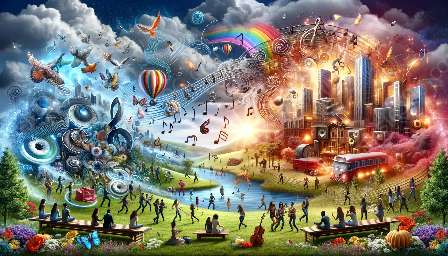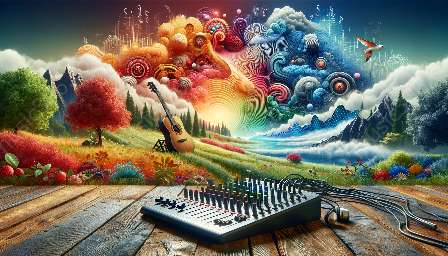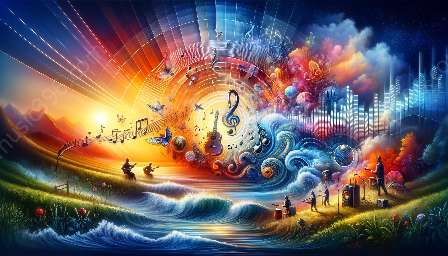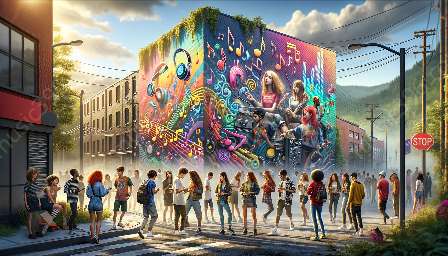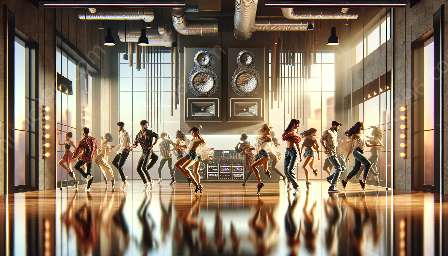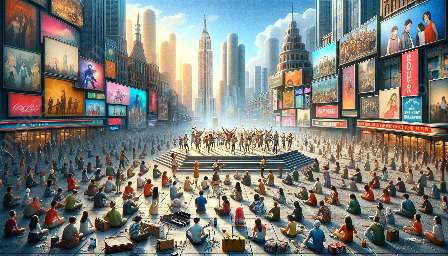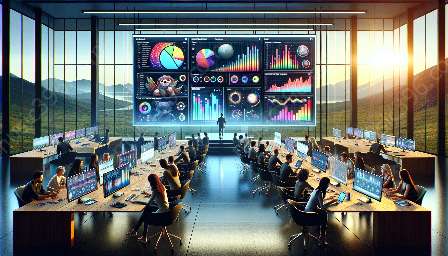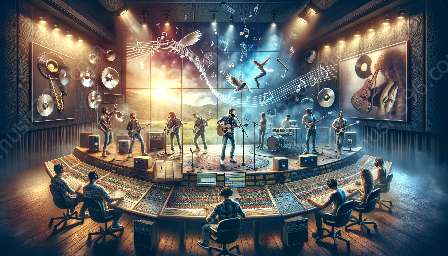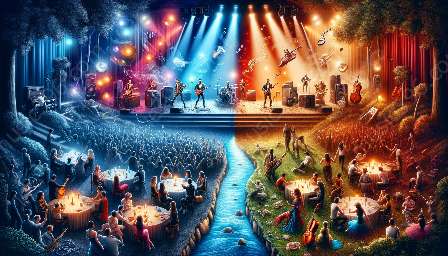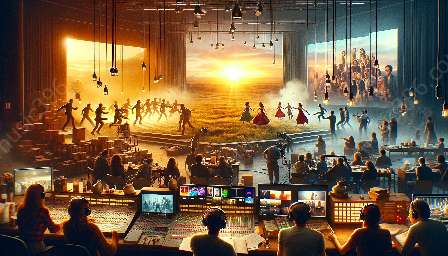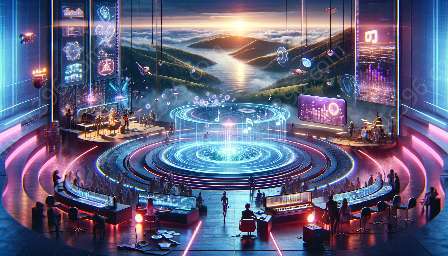Pop music's evolution has been deeply intertwined with the rise of the internet, impacting how we consume and interact with this genre. Let's explore how the characteristics of pop music have adapted to the digital age and how the internet has transformed its consumption.
Characteristics of Pop Music
Before delving into the effects of the internet on pop music consumption, it's crucial to understand the fundamental characteristics of pop music. Pop music is characterized by its popular appeal, catchy melodies, and relatable lyrics. It often embodies a broad range of musical styles and is designed to be commercially successful and accessible to a wide audience. These characteristics have defined pop music for decades, but the internet has brought about significant changes that have reshaped the genre.
Impact of the Internet on Pop Music Consumption
The internet has revolutionized the way we consume and engage with pop music, leading to profound changes in the industry. One of the most notable impacts is the democratization of music distribution. In the past, major record labels held significant control over the distribution and promotion of pop music. However, the internet has enabled independent artists to reach global audiences, bypassing traditional gatekeepers and redefining the dynamics of the music industry.
Streaming platforms have emerged as primary channels for consuming pop music, providing unparalleled access to an extensive catalog of songs. This shift has altered the revenue streams for artists, as streaming services have become a dominant source of income. Furthermore, the internet has facilitated direct artist-to-listener connections through social media, allowing pop musicians to cultivate dedicated fan bases and engage with their audience on a more personal level.
Moreover, the internet's influence has transformed the creation and production of pop music. Artists now have access to a myriad of digital tools and software that enable them to produce and distribute their music independently. The rise of user-generated content has also contributed to the proliferation of cover songs, remixes, and fan-generated content, further blurring the lines between artist and audience.
Evolving Characteristics of Pop Music in the Digital Age
As a result of the internet's impact, the characteristics of pop music have evolved to adapt to the digital age. The emphasis on catchy hooks and memorable choruses remains prevalent, but there is an increased fusion of genres and a greater diversity of musical influences within contemporary pop music. Artists are pushing boundaries and experimenting with new sounds, leveraging digital technology to explore innovative production techniques and sonic landscapes.
The internet has facilitated a more immediate feedback loop for artists, influencing the creation of music that resonates with online trends and viral content. Additionally, the globalization of pop music has been accelerated, with artists incorporating diverse cultural elements into their music and reaching international audiences with ease.
Conclusion
In conclusion, the internet has profoundly reshaped the consumption of pop music and influenced its evolving characteristics. From transforming distribution channels to fostering artist-audience relationships, the digital age has revolutionized the music industry. Pop music continues to adapt to the ever-changing online landscape, reflecting the dynamic interplay between technology and creative expression.


